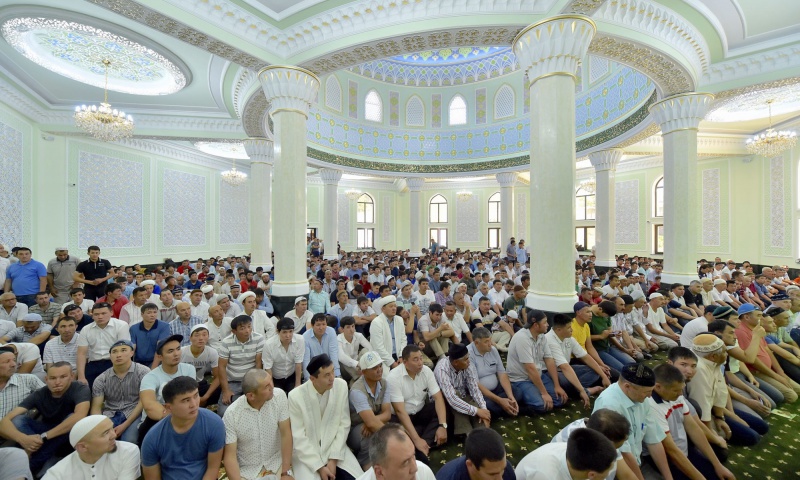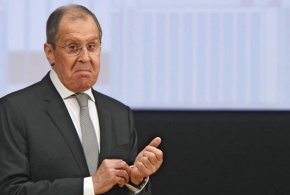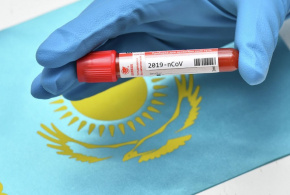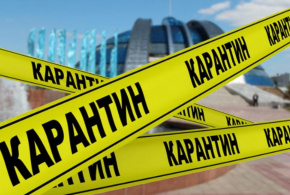
In 2017, about a thousand citizens left destructive groups and returned to traditional Islam in Kazakhstan. The supreme mufti of Kazakhstan Serikbay kazhy Oraz told journalists after the presentation of the draft law on "Introducing changes and amendments to some legislative acts of the Republic of Kazakhstan on issues of religious activity and religious associations" in the Majilis of the Parliament of the RK.
"The Spiritual Administration of Muslims of Kazakhstan is actively working with radical, destructive religious groups. In 2017, about a thousand Kazakhstani citizens abandoned destructive views and deliberately returned to our traditional Islam. This indicates the effectiveness of the work. In regions where work in this direction is not actively pursued, we again start working with mosques”, said S.Oraz. The supreme mufti noted that the issues of religious radicalism and destructive religious trends are very relevant for the Kazakh society.
During the presentation, Minister of Religious Affairs and Civil Society of Kazakhstan Nurlan Yermekbayev said that the bill introduces new concepts of "destructive religious movement" and "religious radicalism". Their introduction will provide an opportunity to clearly define and assess the destructive activity in the sphere of religion, and counteract it. The project also provides for a ban on the use and public demonstration of attributes and external signs of destructive religious movements. A ban is imposed on wearing clothing in public places that prevent the recognition of a person. It is proposed that this rule should apply to everyone, including our citizens, as well as foreigners and stateless persons. Exceptions are persons with diplomatic immunity. Those who have not received a basic religious higher education in Kazakhstan will have limited access to study at foreign religious schools. A number of requirements are also proposed for civil servants, in terms of preventing the use of official position in the interests of religious associations. The bill also introduces norms to increase the transparency of financial activities of religious associations to suppress illegal activities. It is suggested not to expose children under the age of 16 to religious ceremonies without the accompaniment of parents or legal representatives, as well as with the objection of one of the parents.



















 Difficult steps to nurturing a "new generation of optimists"
Difficult steps to nurturing a "new generation of optimists"
 Minister Lavrov knows who's boss
Minister Lavrov knows who's boss
 "Atomic" exam for officials of Kazakhstan
"Atomic" exam for officials of Kazakhstan
 The WHO has made warning to Kazakhstan
The WHO has made warning to Kazakhstan
 COVID-19: More than a thousand Kazakhs infected in one day, but the statistics are incomplete
COVID-19: More than a thousand Kazakhs infected in one day, but the statistics are incomplete
 Tokayev instructed to extend the quarantine for another two weeks
Tokayev instructed to extend the quarantine for another two weeks